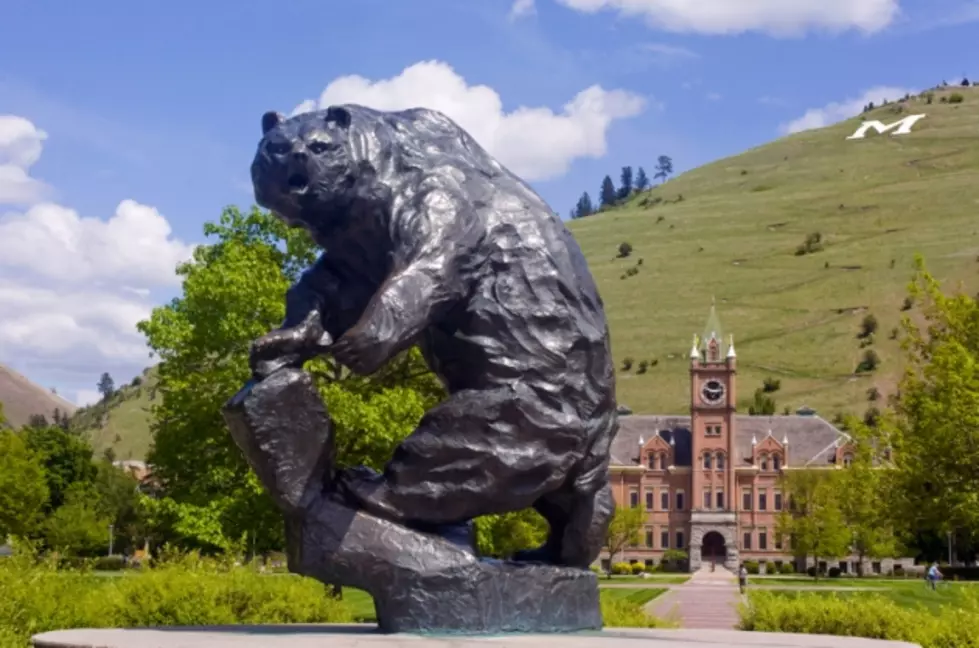
Is the Electoral College a Bad Idea?
At a round table discussion during the Republican National Convention of 2012, Al Gore (who happened to lose an election despite winning the popular vote) expressed his view that the electoral college needs reform. "I've given a lot of thought to it," said Gore. "And I've seen how these states [New York, New Jersey, California, Texas and Oklahoma were previously mentioned] are ripped off or ignored and people are effectively disenfranchised in the presidential race."
Al Gore isn't the first to complain about the electoral college. Many have protested over the years that America's system is either unfair or untrustworthy.
The sense of unfairness is generated by the fact that four presidents have made their way into the nation's highest office without the backing of a popular vote; namely, George W. Bush in 2000, Benjamin Harrison 1888, Rutherford B. Hayes in 1876, and John Quincy Adams in 1824.
Others argue that the system is untrustworthy because some electoral college delegates don't always vote the way their states want them to. Historically, around 10% of electoral votes did not align with the state's wishes.
In response to these complaints, a nationwide movement is currently underway to replace the electoral college system with a system guided by the popular vote. However, rather than getting the constitution amended to override the election system, state legislators are forcing their own delegates to vote with the popular vote.
The National Popular Vote movement has already changed the way delegates in states like Hawaii, California, Illinois, and Washington vote. In total, 9 states function using the national popular vote and many others have tested the idea. In 2011 the issue came up in the state of Montana as well. Montana Senators Rick Laible and Jesse Laslovich and Representatives Rep. Walter McNutt and Hal Jacobson put the issue to the legisature, but it eventually died on the senate floor.
Because the bill to switch to the national vote fell through, the 2005 updates to the way Montana's electoral delegates vote remains and reads as follows:
The electors shall cast their ballots for the persons who received the highest number of votes for president and vice president of the United States, respectively, in the most recently conducted general election in the state of Montana.
So, how does the system work now? In short . . . there are 538 electoral college members. That number 538 directly correlates with the number of national level legislators in America. What the electoral college system does, in effect, is give more voting power to smaller states that lack the populace to pack the legislature. For example, the constitution provides Montana with two senators regardless of population and, because of this, Montana gets more electoral college votes than it would have without this provision (3 rather than 2).
The electoral college is a big boon to small states and a blow to large states like California where, to be fair, an individuals vote is actually worth less in a nationwide election than an individual from Montana's vote. In order to win a nation wide election however, only 270 electoral votes are needed. So, all that the national popular vote movement needs is enough states to reach that total and the original constitutional process upended.
More From Newstalk KGVO 1290 AM & 98.3 FM









